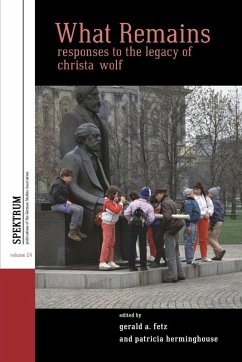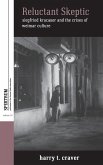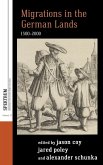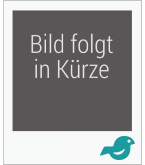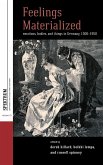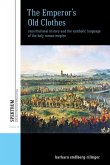Arguably the most important-and influential-German woman writer of the last century, Christa Wolf was long heralded as "die gesamtdeutsche Autorin," an author for all of Germany; but, after 1989 in unified Germany, Wolf found herself suddenly embroiled in controversies that challenged her integrity and consigned her to an ideologically suspect identity as "DDR Schriftstellerin" (GDR writer) or "Staatsdichterin" (state poet). What Remains: Responses to the Legacy of Christa Wolf asks the question of what truly remains of her legacy in the annals of contemporary German culture and history. Unlike most of what appeared in the wake of Wolf's death, however, the contributions to this international volume seek neither to monumentalize her nor to dismantle her stature, but to employ a range of methodologies-comparative, intertextual, psychoanalytic, historical, transcultural-to offer sensitive assessments of Wolf's major literary texts, as well as of her lesser known work in genres such as film and essay.
Bitte wählen Sie Ihr Anliegen aus.
Rechnungen
Retourenschein anfordern
Bestellstatus
Storno

